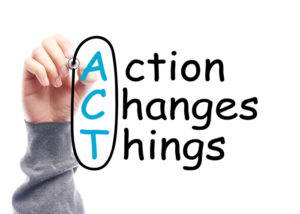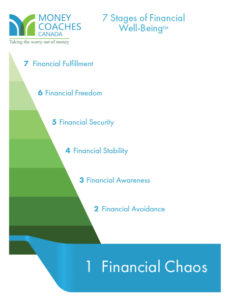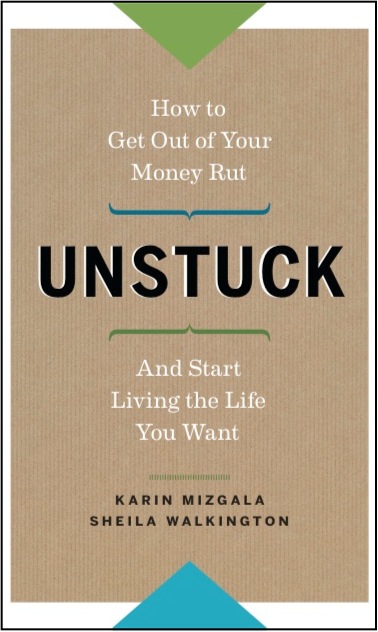A few years back, Sheila Walkington of Money Matters was dubbed by CBC as Canada’s first Money Coach, but quite honestly most of us in the financial planning biz thought she was crazy. Who would pay someone to help them get out of debt and deal with difficulties in living within their means? But we were so wrong – Sheila now has a thriving practice and can’t keep up with the demand. She’s so busy in fact that she’s started an associate program and is looking for like-minded advisors across Canada who also want to help people take charge of their money – and their lives.
When asked about what a Money Coach actually does, Sheila Walkington laughs and says, “Basically, I help individuals and couples get a grip on their money.” She then goes on to explain that she grew increasingly uncomfortable with earning commissions while also dispensing financial advice. “I saw a big gap in financial planning. People were seldom getting the objective financial advice they truly needed. The focus was always on investing, but people often needed help getting out of debt, managing their cash flow, and focusing on what they really wanted out of life. That’s where I can help best.”
According to Sheila, being a Money Coach often entails dealing with some core financial issues. Most Canadians are certainly spending more than they are taking in. Credit cards and overdrafts are often maxed out. Debt loads are at an all time high. There are strains in relationships as new couples merge their financial affairs or start raising a family. Other common challenges include career transitions or job losses, buying a house, divorce or retirement. Very few Canadians have even a basic financial plan to help guide them through these hurdles.
There are also emotional issues around money matters including guilt, anxiety and even shame. But, as Sheila reassures us, this doesn’t have to be the case. For one thing we’re definitely not alone in experiencing confusion and stress around money. Its just one of the downsides of the voracious consumer culture we live in. And, judging by the volatile economic news from the world, even large corporations, financial institutions and entire governments are feeling the heat. In her experience, as both a Money Coach and financial educator, Sheila has found that most people just need some good independent advice and a simple working plan to regain control of their financial lives.
When people come to her for advice, Sheila charges them a fee to set up a system for managing their money. She then helps them stick with it. “I first get them to take a close look at where they are at right now, Sheila emphasizes. “Then I get them to look at where they want to go. Once they get clear on their dreams and goals then they get very motivated and determined to reach them. It then becomes much easier to focus on getting rid of debt, setting up a workable savings plan, planning for a family, buying a new home and preparing for medical or other emergencies and retirement.” And, she adds, “When you know where you want to go, it becomes much easier to say no to those things that are keeping you from your dream.”
Sheila has helped a lot of people over the years and has earned the respect of her clients and her colleagues both past and present – myself included. I recently asked her about a highlight of her career as a Money Coach and Sheila replied with the story of a recent client who paid her the highest compliment by simply saying: “I know you’re on my side.” – Karin Mizgala
Originally posted to Financial Post Magazine Daily on May 18th, 2010



 The base of the 7 Stages of Financial Well-BeingTM pyramid represents those furthest removed from feeling in control and empowered financially. For many, Chaos represents their starting point on their journey to Financial Fulfillment.
The base of the 7 Stages of Financial Well-BeingTM pyramid represents those furthest removed from feeling in control and empowered financially. For many, Chaos represents their starting point on their journey to Financial Fulfillment.

